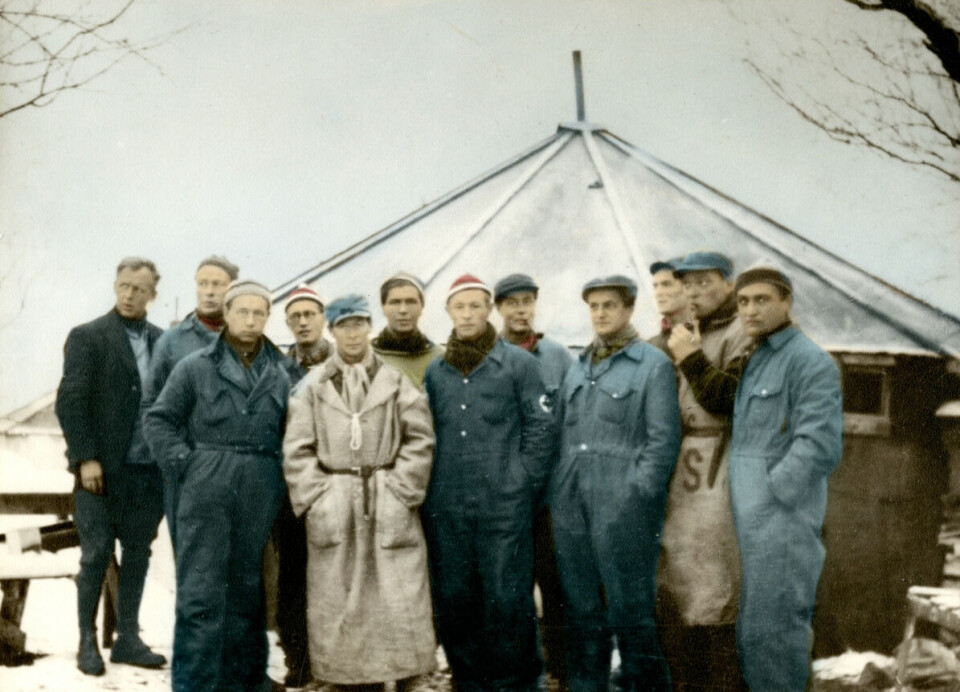THIS CONTENT IS BROUGHT TO YOU BY NTNU Norwegian University of Science and Technology - read more

1,100 Norwegian teachers refused to teach Nazi ideology to their students
They were tortured, imprisoned, and starved.
When Hitler’s troops stormed into Norway on April 9, 1940, Germany’s goal was to secure the country’s 1,200 kilometre-long coastline. They needed iron ore from Swedish mines to flow to the northern Norwegian port of Narvik — and eventually to the German war machine.
But that wasn’t all that Hitler and his followers hoped for, as Norwegian teachers would come to learn.
Vidkun Quisling, a Nazi collaborator who nominally headed the Norwegian government during the occupation, wanted Norway to embrace Nazi ideology.
He decided the best way to do this was through teachers and schoolchildren.

In February 1942, he ordered all teachers to join a new union that would require them to introduce Nazi doctrine to their students. Students were also ordered to join the Norwegian equivalent of the Hitler Youth.
But the teachers refused.
Months of torture and hard work

The teachers organised using tactics right out of a spy movie to organise their response to Quisling’s demands, Martin Øystese said on 63 Degrees North, NTNU’s English-language podcast.
Øystese is an assistant professor at NTNU’s Department of Teacher Education.
“They have contacts in different places, and they send people out with messages, sometimes written with invisible ink, sometimes hidden in match boxes,” he said.
For their efforts, 1,100 were arrested — and subjected to months of starvation, torture, and hard labour. At least one teacher died during their ordeal.
Øystese and NTNU colleague Unni Eikeseth published a comprehensive retelling of the teacher’s rebellion in a three-part podcast last year (link in Norwegian), on the 80th anniversary of the uprising.
The teachers’ fight against Nazism is history, but the fight to keep schools open and free for all kinds of expression is equally relevant today.
Reference:
Hetland et al. Navigating troubled waters: collaboration and resistance in state institutions in Nazi-occupied Norway, Scandinavian Journal of History, vol. 46, 2020. DOI: 10.1080/03468755.2020.1846075
More content from NTNU:
-
Can biology reveal parental manipulation?
-
Fish farming is least harmful to the seabed in the north
-
Study: Centralising hospitals has reduced birth mortality
-
Early testing of schoolchildren: “We found absolutely no effect”
-
This determines whether your income level rises or falls
-
Why is nothing being done about the destruction of nature?“We hand over the data, but then it stops there"





































